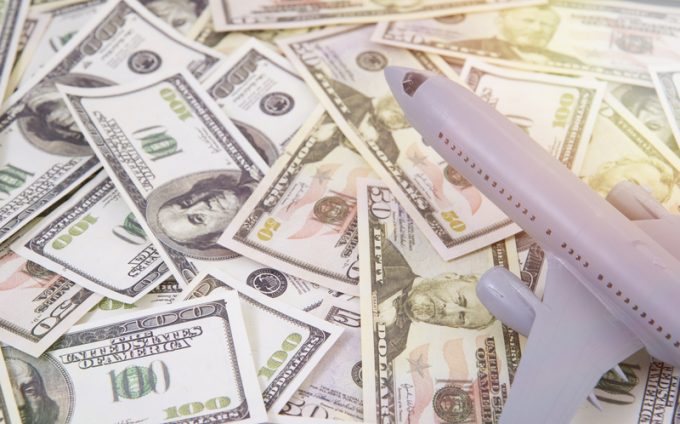'Everyone must be onboard' if IATA's OneRecord is to work
IATA’s OneRecord will benefit the air cargo industry, but only if everyone is on board, ...

Airlines chasing volume, not value, will struggle to be profitable in a post-Covid era with fewer passengers, according to a new white paper, published today.
Airlines will have to rethink their core businesses if they are to make longhaul flying profitable again, argues consultant Stan Wraight, in SASI’s latest paper on the future for airlines and air cargo. And cargo should be at the core.
“Those airlines and airports that do start taking cargo as a core activity will benefit; those who ...
Maersk u-turn as port congestion increases across Northern Europe
Apple logistics chief Gal Dayan quits to join forwarding group
Maersk Air Cargo sees volumes fall as it aims for 'margin in favour of revenue'
Airlines slash freighter capacity post-de minimis, but 'the worst is yet to come'
Houthis tell Trump they will end attacks on Red Sea shipping
Transpac rates hold firm as capacity is diverted to Asia-Europe lanes
MSC revamps east-west network as alliance strategies on blanking vary
India-Pakistan 'tit-for-tat' cargo ban sparks sudden supply chain shocks


Comment on this article
Amit Agarwal
June 09, 2020 at 3:10 pmI have mentioned this before as comment on earlier posts…airlines haven’t taken cargo business seriously. It’s considered a tertiary business. All new routes opened are based in passenger demand and not cargo though cargo department gets all the brunt of not making up enough revenue for the losses made on passenger side. Having said one is that airlines look at their strategy but in bigger picture it all starts from the shipper and no one questions them which I believe is the biggest problem of the industry